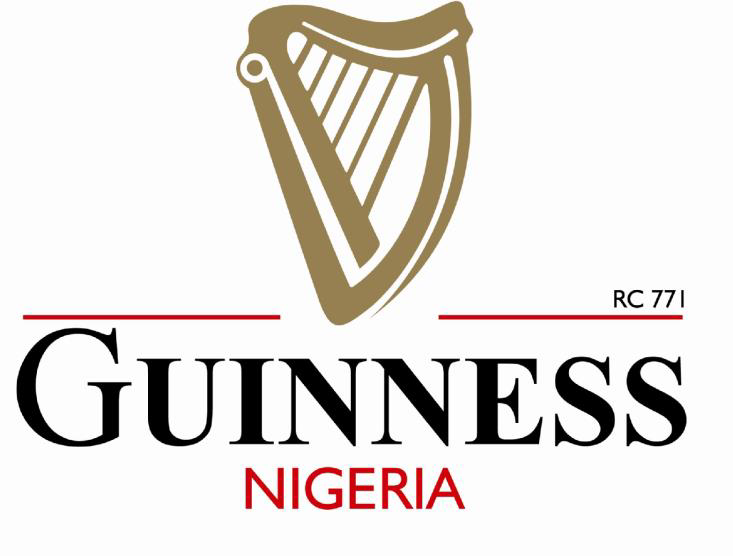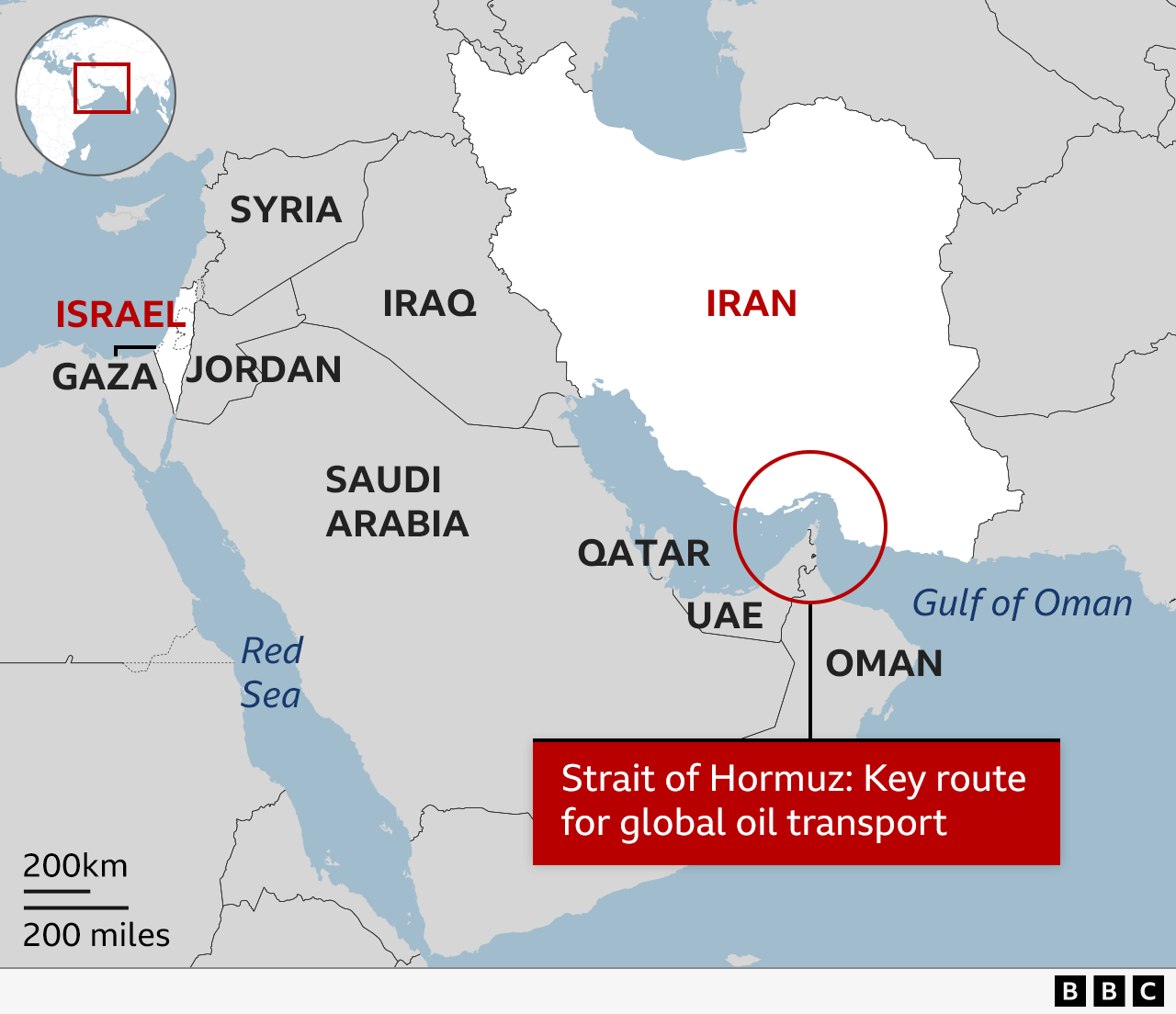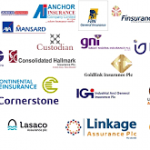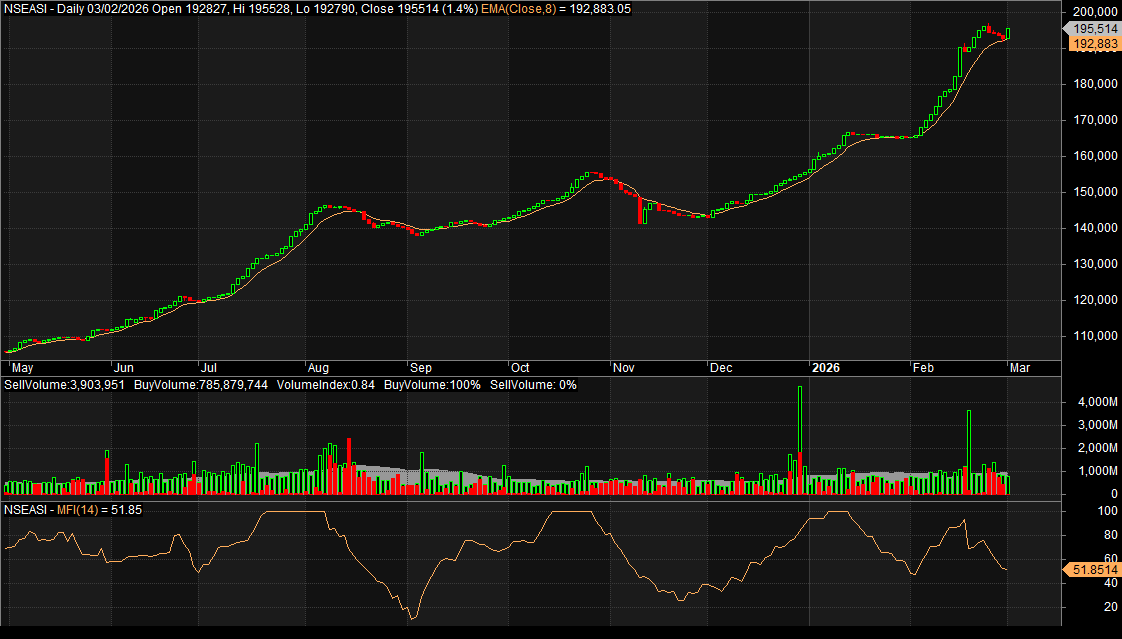
If there were ever a time when the recapitalization of Guinness Nigeria should kick off, it is now, going by third quarter figures released by the directors through the Nigerian Stock Exchange (NSE) on Wednesday.
The company has submitted its application to raise N39.7bn by way of rights issue to existing shareholders of 684,494,631 Ordinary Shares of 50 Kobo each at N58.00 per share or 17% of market price. The offer is on the basis of five new ordinary share for every 11 Ordinary Share held (5:11); the amount being sought is less than the N56bn the company initially planned to raise. Qualification date for the rights offer is Wednesday March 15, 2017.
Meanwhile, highlights of the Q3 result showed that Guinness showed red flags around the stock, despite the robust N20.254bn or 29.09% growth in sales revenue from N69.618bn in the third quarter of 2016 to N89.872bn, over 98% of which was realized from Nigeria. This growth was rubbished by the N18.347bn or 46.62% growth in cost of sales increase from N39.352bn to N57.699bn. Gross profit stood at N32.173bn, as against the previous N30.266bn.
Other income rose to N566.456m from N346.384m in the corresponding period of 2016; marketing and distribution expenses rose to N19.436bn from N18.338bn; just as administrative expenses climbed from N8.67bn to N9.11bn, while operating profit stood at N4.192bn from N3.603bn.
Finance income soared to N2.017bn from N946.604m; just as finance costs however grew to N8.674bn from N3.346bn, bringing net finance costs to N6.657bn from N2.399bn in the third quarter of 2016.
Loss before tax came to n2.464bn from a profit of N1.204bn; just as tax expense dropped to N90.82m from N340.124m, bringing loss after tax to N2.555bn or 170 kobo loss per share from the previous profit of N864.178m, or 57 kobo earnings per share.
Although the board did not provide figures
According to the unaudited result for the 2016 half year, Guinness reported a rise in finance cost from N2.211 billion to N6.113 billion, resulting in a 165.74% growth in net finance cost which stood at N4.578 billion, up from N1.722 billion. This followed a N3.1 billion FX loss on the company’s foreign currency loans and higher interest expense of N3.0 billion
The management named the finance expense on loans and borrowings of N1.739 billion, as the biggest finance cost item, rising from the previous N1.317 billion; ahead of the N622.926 million interest expense on overdraft, from N443.874 million. There was also the N622.893 million interest expense on intercompany overdue debts and others, from N443.874 million.
These resulted to a loss before tax of N4.662 billion for the period, from the previous pre-tax profit of N1.652 billion; and net profit of N4.667 billion, as against the N1.172 billion net profit. This translated to loss per share of 310 kobo; from previous 78 kobo earnings.
The strain in the company’s operation was visible even in the half year figure when sales grew by 30% to N36bn, while post-tax loss stood at N2.4bn from PAT of N810m reported in the corresponding quarter of 2016 respectively.
According to the 2016 half year figures, Guinness reported a rise in finance cost from N2.211 billion to N6.113 billion, resulting in a 165.74% growth in net finance cost which stood at N4.578 billion, up from N1.722 billion. This followed a N3.1 billion FX loss on the company’s foreign currency loans and higher interest expense of N3.0 billion
The management named the finance expense on loans and borrowings of N1.739 billion, as the biggest finance cost item, rising from the previous N1.317 billion; ahead of the N622.926 million interest expense on overdraft, from N443.874 million. There was also the N622.893 million interest expense on intercompany overdue debts and others, from N443.874 million.
The proceeds would be used to deleverage Guinness Nigeria’s balance sheet, given its relatively high Debt/Equity ratio of 1.3, compared to 0.1 ratio of its major rival- Nigerian Breweries; besides helping to finance its working capital needs and expand operations.
Expectations are that parent company, Diageo Plc would take up its rights by way of a debt/equity swap wherein the outstanding foreign currency loan (N20.3 billion as at the 2017 half year ended December 31, 2016) from Diageo will be used as payment for its rights in Guinness Nigeria. This may give Diageo up to 80% equity stake from around 54%, in the event that domestic individual and corporate shareholders do not take up their rights.
The company says part of the strategy is to extend its commitment to the development of the Nigerian economy, with its expansion project expected to create additional 200 permanent jobs in the country and enable it meet growing demand for Guinness Foreign Extra Stout, Harp Lager Beer and its other brands sold across the country.
A statement by the company had said the investment would include the upgrade of existing facilities as well as increase the brewing capacity of both Benin and Ogba Breweries.











